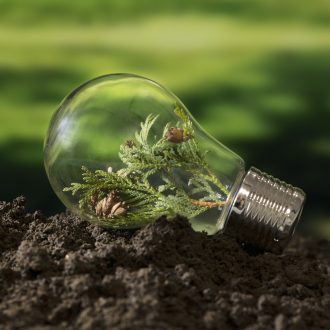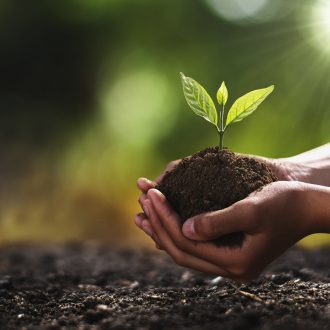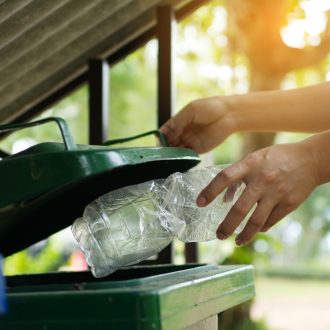
The storm has passed, and in the wake of Hurricane Irma, Florida is left with the clean-up. The storm left approximately 5.8 million homes and businesses without power, leading to the largest power restoration effort in history which is still currently underway. On top of the massive power losses, we also had to contend with the large amount of debris spread throughout our properties and roads.
The cleanup after storms is different than your normal everyday lawn maintenance. There are other things that need to be considered. First in your mind should be your safety and the safety of those around you. You never know what you will find in your yards, from leaves and branches, to building debris, to the occasional rat or snake in the debris piles. It is important to thoroughly assess what may be in your surroundings before you begin clean-up. Pay extra attention to downed power lines, as they may be live, and be vigilant about water that may be around any sort of electrical current.
When you begin cleanup, you can move your debris to the side of the road for pickup. How you should handle the separation of the debris depends on your location. Generally, the debris pickup is not handled like your regular garbage pickup. Some common guidelines are to make sure to separate your debris into types: Vegetative debris, wooden construction debris, and metal construction debris. Some places prefer you do not place your debris into plastic garbage bags as these cannot be recycled. If you choose to drop off debris yourself, Orange County drop off areas can be found here. You can also do a google search for your area to find the closest drop-off options to you. Try to be mindful of your debris and separate recyclables accordingly to reduce what goes into landfills.
Try not to place your debris on storm drains, or blow any small, loose debris into inlets. The buildup of debris in the inlets can cause backup, or clog the stormwater system. The last thing that anyone wants after a major storm is more flooding, and keeping the drainage avenues open is important to ensure that waters from the storm continue to drain efficiently. Be extra vigilant of anything in your debris that may contaminate the water going into the storm drains and remove it to try and reduce pollution going back into our stormwater system.
Although there may be a lot of work after a hurricane, it is important that we try our best to make things as easy for the crews doing their job as possible. The faster the cleanup process goes, the sooner that everyone can focus on moving forward with their lives as normal.



